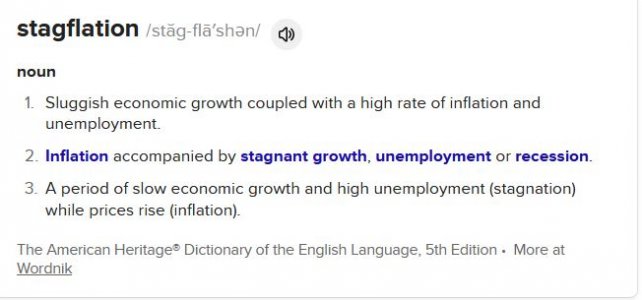Are We Seeing an End to the Age of Offshore Production?
A new report from Capgemini suggests that, for U.S. manufacturers, the dominance of offshore production is coming to an end.
The survey of 600 U.S. manufacturers found a whopping 82% of respondents saying they plan to move a substantial amount of production for American markets either onshore or to a nearshore location within the next three years.
U.S. companies expect to invest $1.4 trillion to make it happen. It’s all part of a trend that Capgemini calls “reindustrialization” — defined by the consultancy as “the reconfiguration of supply chains and global manufacturing capacity, including reshoring and nearshoring production, as well as diversifying and investment in domestic manufacturing production.” The effort could involve construction of new factories as well as the upgrading and modernizing of new ones, aided by cutting-edge technologies such as artificial intelligence and machine learning.
The top driver behind reindustrialization strategies, according to the report, is growing pressure on supply chains to boost reliability. That’s followed by the need for sustainability, worries about geopolitical tensions, the desire to boost competitiveness, changing government trade policies, rising labor costs, and a need to reduce overall supply chain and logistics expense.
...
Shifts in sourcing don’t happen overnight, and the scale of the effort described by the Capgemini report suggests that manufacturers are likely to encounter numerous challenges as they strive to nearshore and reshore production in a time of disruption and uncertainty. Still, the Capgemini report says, “Our research reveals a prevailing optimism among executives, with 68% of executives confident that reindustrialization can drive innovation and technical advancement.”
Who Moved My Cheese? - Wikipedia


